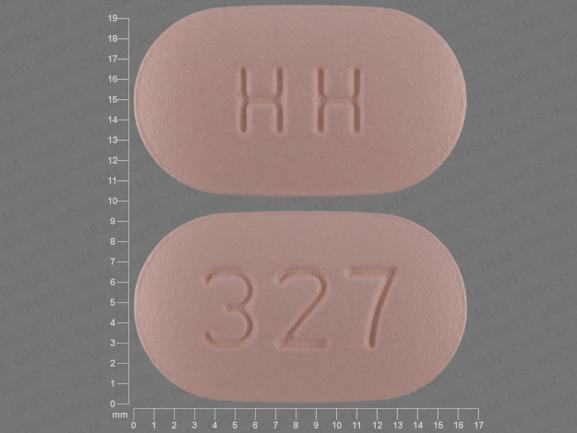Hydrochlorothiazide / Irbesartan Dosage
Medically reviewed by Drugs.com. Last updated on Feb 5, 2025.
Applies to the following strengths: 12.5 mg-150 mg; 12.5 mg-300 mg; 25 mg-300 mg
Usual Adult Dose for:
Additional dosage information:
Usual Adult Dose for Hypertension
Initial therapy: Hydrochlorothiazide 12.5 mg-Irbesartan 150 mg orally once a day; may increase after 1 to 2 weeks.
Add-on/Replacement therapy: Hydrochlorothiazide 12.5 to 25 mg-Irbesartan 150 to 300 mg orally once a day
Maximum dose: Hydrochlorothiazide 25 mg-Irbesartan 300 mg orally once a day
Comments:
- The recommended doses in order of increasing mean effect are (hydrochlorothiazide-irbesartan): 12.5 mg-150 mg, 12.5 mg-300 mg, 25 mg-300 mg; the largest incremental effect will likely be from monotherapy to 12.5 mg-150 mg.
- Maximum antihypertensive effect is attained within 2 to 4 weeks after a change in dose.
Renal Dose Adjustments
Mild to moderate renal dysfunction (CrCl 30 mL/min or greater): No adjustment recommended
Severe renal dysfunction (CrCl less than 30 mL/min): Not recommended
Liver Dose Adjustments
Caution recommended
Precautions
CONTRAINDICATIONS:
- Hypersensitivity to either active component, other sulfonamide-derivatives, or any of the ingredients
- Concomitant use of aliskiren in patients with diabetes
- Anuria
US BOXED WARNING:
- FETAL TOXICITY: If pregnancy is detected, discontinue this drug as soon as possible. Drugs that act directly on the renin angiotensin system (RAS) can cause injury and death to the developing fetus.
Safety and efficacy have not been established in patients younger than 18 years.
Consult WARNINGS section for additional precautions.
Dialysis
Data not available
Other Comments
Monitoring: Monitor renal function and serum electrolytes periodically.
Patient advice:
- Females of childbearing age should be informed of the consequences of exposure to this drug during pregnancy; ask these patients to report pregnancies as soon as possible.
- Encourage patients to report any lightheadedness that may occur during treatment initiation and to stop taking this drug until consulting a physician if syncope occurs.
- Dehydration may lead to excess blood pressure reduction; inform patients to contact their healthcare provider if they experience excessive perspiration, vomiting, or diarrhea.
- Patients should report any acute onset of decreased visual acuity or ocular pain that occurs hours or weeks after treatment initiation.
- Protect your skin from the sun and undergo regular skin cancer screening.
More about hydrochlorothiazide / irbesartan
- Check interactions
- Compare alternatives
- Pricing & coupons
- Reviews (6)
- Drug images
- Latest FDA alerts (4)
- Side effects
- During pregnancy
- Drug class: angiotensin II inhibitors with thiazides
- En español
Patient resources
- Hydrochlorothiazide and irbesartan drug information
- Irbesartan and hydrochlorothiazide (Advanced Reading)
- Irbesartan and Hydrochlorothiazide
Other brands
Professional resources
Other brands
Related treatment guides
See also:
Further information
Always consult your healthcare provider to ensure the information displayed on this page applies to your personal circumstances.


